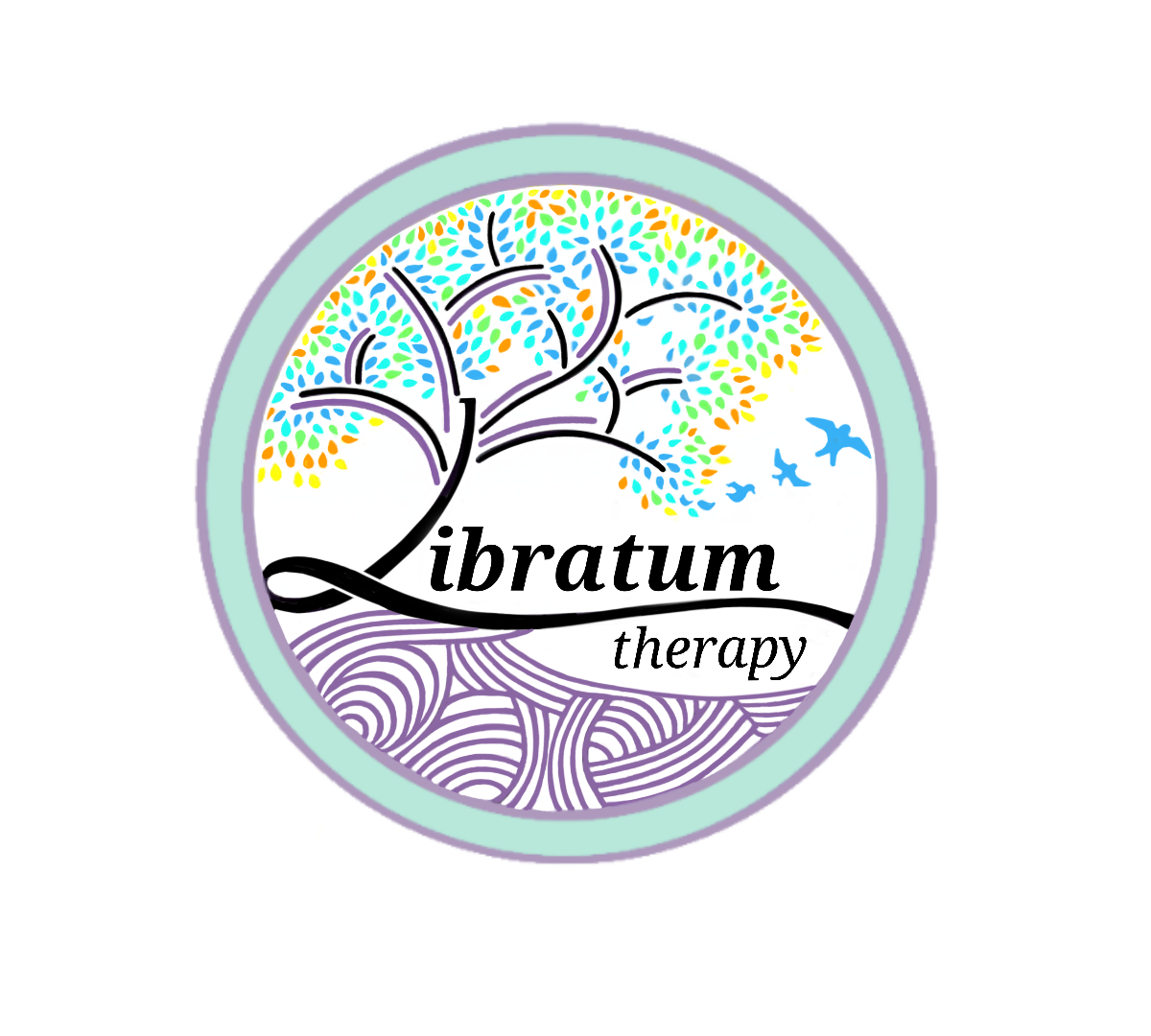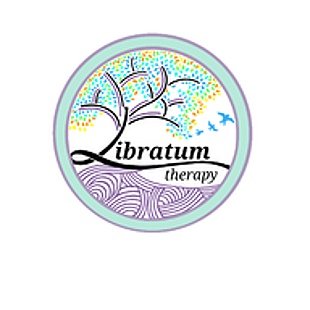What would you do if you have 12 months left to live?
Reflections on death, grief, and living a meaningful life.
I ask this question with respect and sensitivity, knowing that this is actually a reality for many people. I write this blog with an awareness that on a daily basis, we encounter news about death and dying. It is not an easy topic to talk about, yet we need to talk about it anyway.
Several things inspired me to write this blog: A news report of a 32-year-old artist who shared that he is chronically ill, and the life expectancy for his condition is usually 12 to 18 months; an interview with the inspirational Irwin Yalom, a psychiatrist and psychotherapist, who at the age of 89 gave what was probably one of his last interviews where he spoke about the death of his wife, his journey through grief, and his reflections on his own death; my personal experiences of grief and my daily interactions with people in my role as a clinical psychologist, whom I support through countless experiences of loss.
Existential questions about the meaning of life and about my own and others’ death often come to my mind: "What is my purpose in life?" "How will I die and when will it happen?" "What would I want for my family once I am no longer here?" I am thankful that this news article reminded me to pause and think about this question too: "If I find out that I have 12 to 18 months to live what would I do? How would I live my life?"
The question is a familiar one because it is a therapeutic technique purposely put forward to clients in therapy to help them think about their values—what makes their life meaningful and what type of person they want to be in the present. For instance, In Acceptance and Commitment Therapy, clients are invited to do exercises such as: think about what you would write in your own obituary or what people would say about you in your own funeral (Hayes & Smith, 2005), or think about what your 80-year-old self would say to your younger self (Harris & Aisbett, 2014).
As I asked myself what I would do if I had 12 to 18 months to live, my brain went through a few stages of reflection.
1. Rationalisation mode.
This was motivated by panic. I started to work out that I may have less time than I hope if I assume that my body will be suffering towards the end. Once I settled on the hypothetical scenario of having a maximum of 12 months to live, I let myself touch the deeper fear and anticipatory grief, for the life I thought I would live, the separation from the people who matter to me, and how they will be affected by this.
2. Striking out what I would not do.
It was easier to think about what I would not want to do with the 12 months I would have left. I would not want to numb myself with Ben and Jerry’s, pizza, and wine. I acknowledge that there may be many times when I would want to escape my suffering and grief. However, I would want to do it in moderation so that I can cherish my body, treat myself kindly, and remain connected with the world and the people in it. I would probably stop spending so much time working in a small room where I am lost in a cyber world, though I would want to continue helping others cope with their own suffering.
3. Figuring out what matters.
This started to highlight some of my values: compassion, self-care, fitness, mindfulness, connection, and making a difference to others. It was interesting to realise that an underlying value here was about remaining connected to myself, my body, my world, and the people in my inner and outer circle. If I were to translate this value into short term goals and actions, it would come down to living more freely without being imprisoned by restriction and fear. For example, I would:
Bake more without being held back by a fear of eating too many cupcakes and calories.
Paint without being limited by perfectionism.
Love more fully, knowing that this will leave me vulnerable and at risk of being hurt, and doing it anyway.
Spend more quality time with loved ones, both doing things and simply being together.
Connect with myself and appreciate the sights, sounds, tastes, textures, and smells of the world around me.
Spend more time writing to share my insights and experiences into the human condition to help others navigate through their own journey.
4. Living my life more intentionally now.
What does all this mean? I am lucky enough to think about this as a hypothetical scenario and not a real one. This exercise has reminded me that I am already missing out on things that matter to me. This is where it is important to translate thinking into action. Otherwise, we will remain in exactly the same position. So, in the past week I focused on keeping small, daily stressors in perspective, and whilst I still worked hard on a daily basis, I am doing it because I chose to. I also chose to make more time for connecting with myself by doing one small thing for myself every day.
What I might do with 12 months to live may be totally different to what you may do. I spoke to family and friends about their answers to this question. This conversation took courage and vulnerability for all involved because it triggered uncertainty, sadness, and discomfort and we do not like those emotions as human beings. At the same time, it generated beautiful and intimate conversations.
I want to share my story with you to give you an opportunity to think about this now too, in the hope that you will create a life for yourself that is meaningful and that leaves you with few regrets.
References
Harris, R., & Aisbett, B. (2014). The Happiness Trap Pocketbook Paperback. London: Constable & Robinson Ltd
Hayes, S., & Smith, S. (2005). Get Out of Your Mind & Into Your Life. Oakland: New Harbinger Publications, Inc.

